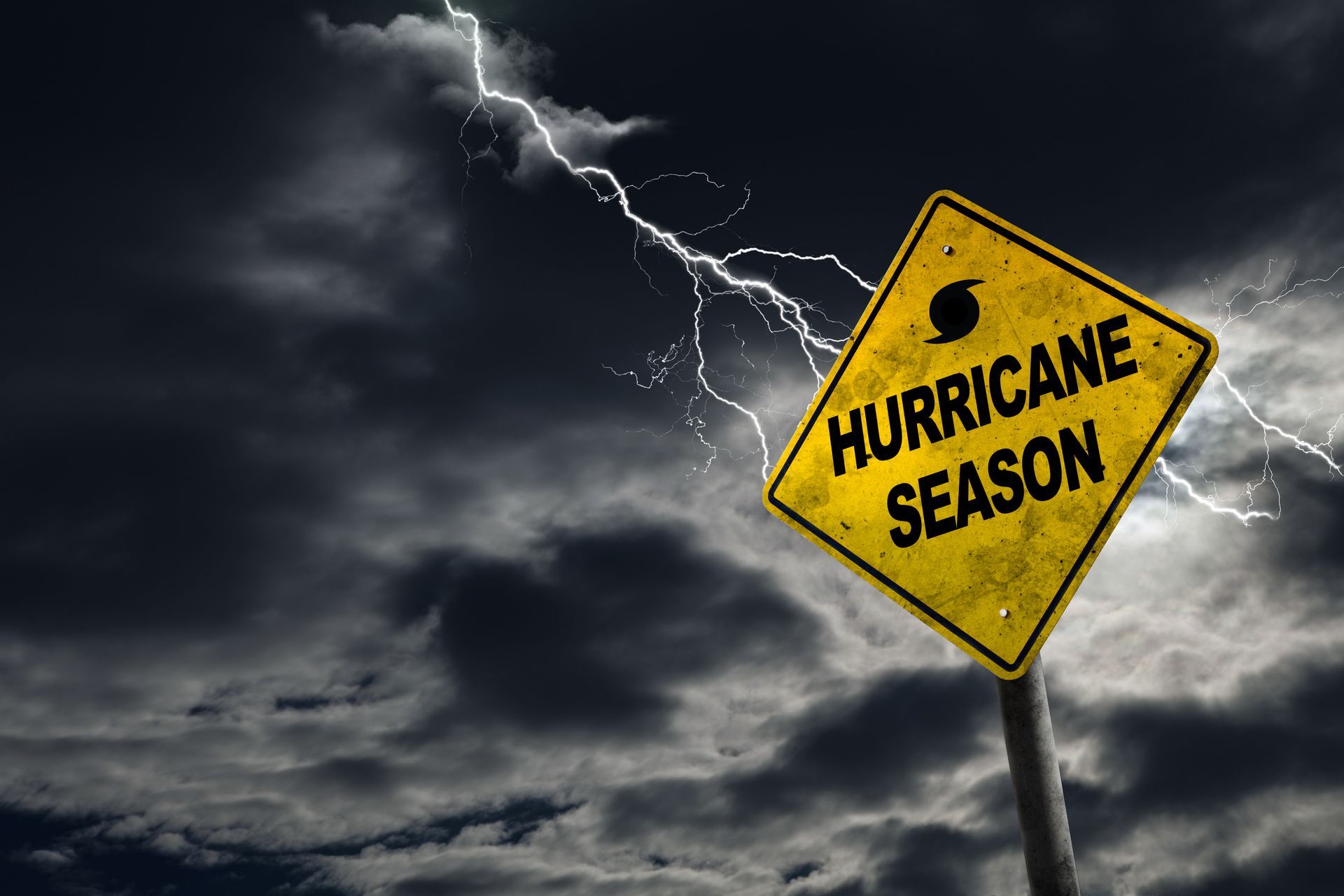Maintaining Property Values
The Role of the HOA in Preserving Your Investment

Introduction
For many homeowners, their property represents one of the most significant investments they'll ever make. Maintaining and enhancing property values is crucial to protect this investment and secure a stable and desirable living environment. Homeowners Associations (HOAs) play a vital role in preserving property values by implementing essential measures that ensure the community thrives in the long run. In this blog, we will explore the critical role of the HOA in maintaining property values and how their efforts contribute to the overall success of the neighborhood.
1. Enforcing Community Rules and Guidelines
One of the primary responsibilities of an HOA is to establish and enforce community rules and guidelines. These rules help maintain uniformity and consistency within the neighborhood, ensuring that properties adhere to certain standards. Consistent enforcement of these regulations prevents individual homeowners from making changes that might negatively impact the overall appearance or appeal of the community. By keeping the neighborhood well-maintained, property values remain stable and attractive to potential buyers.
2. Regular Maintenance and Upgrades
HOAs are tasked with overseeing and coordinating regular maintenance and essential upgrades within the community. This can include landscaping, road repairs, lighting maintenance, and other common areas. By investing in consistent maintenance and making necessary upgrades, the HOA ensures that the community remains visually appealing and functional. A well-maintained neighborhood is more likely to attract buyers and maintain higher property values.
3. Creating and Managing Reserve Funds
Reserve funds are an essential financial tool that allows HOAs to plan for future maintenance and repair needs. By setting aside funds for major repairs or replacements, such as roofs, siding, or road resurfacing, the HOA can address these issues promptly without causing financial strain on homeowners. Having a well-managed reserve fund demonstrates the HOA's commitment to maintaining the community's long-term value and stability.
4. Managing Amenities and Services
Many communities offer amenities and services, such as swimming pools, gyms, security systems, and landscaping services, to enhance residents' quality of life. The HOA oversees the proper management and maintenance of these amenities. By providing and managing these services, the HOA adds value to homeowners' investments and creates an attractive living environment that can positively impact property values.
5. Promoting Community Engagement
A strong sense of community is a driving force behind maintaining property values. HOAs can play an active role in promoting community engagement by organizing social events, neighborhood gatherings, and community activities. A connected and engaged community fosters a sense of pride and ownership among residents, leading to increased care and investment in their properties.
6. Addressing Disputes and Conflicts
Conflicts and disputes among neighbors can quickly escalate and negatively affect the community's atmosphere and property values. The HOA acts as a mediator in resolving such issues, ensuring a peaceful living environment. By addressing disputes promptly and fairly, the HOA helps maintain a harmonious community, which is attractive to both current and prospective homeowners.
Conclusion
Homeowners Associations play a crucial role in preserving property values and ensuring the long-term success of a community. Through enforcing community rules, overseeing maintenance and upgrades, creating reserve funds, managing amenities and services, promoting community engagement, and addressing disputes, the HOA contributes to a thriving and desirable living environment. By actively participating in HOA initiatives and supporting their efforts, homeowners can protect their property investment and enjoy the benefits of living in a well-maintained and prosperous community.



